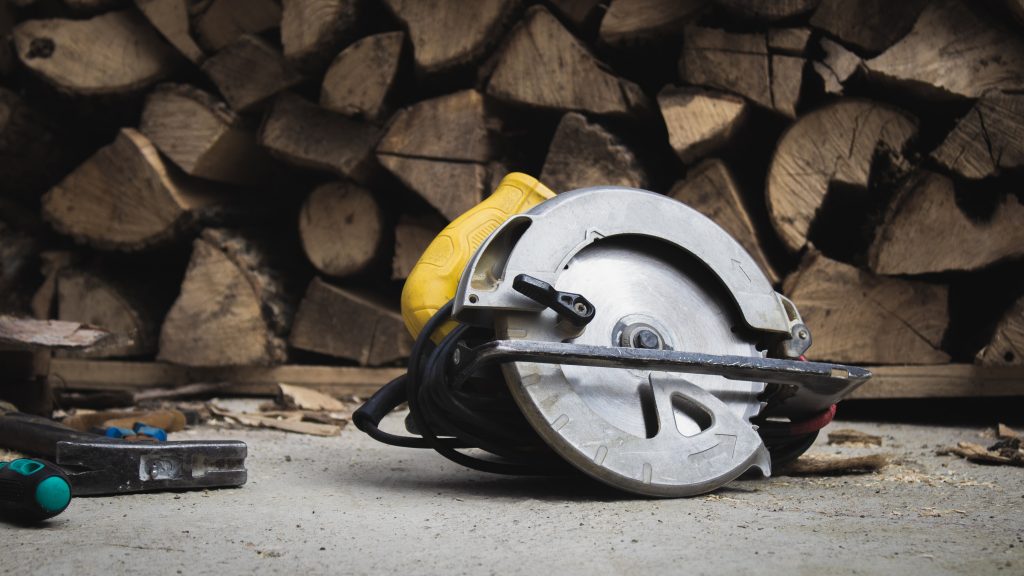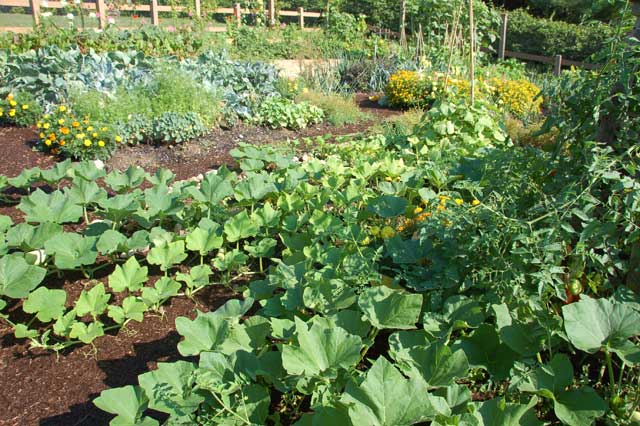Bartering is a great way to acquire goods and services because no money is needed to conduct the transaction. As we discussed in an earlier article, in times of economic collapse, hyperinflation can occur. This is a phenomenon where basic goods and groceries become unaffordable as money becomes almost useless.

This has happened multiple times throughout history, including recently in Venezuela. Having in-demand skills to barter can help you survive such a crisis
What Is Bartering?
Bartering is trading. Bartering can involve goods or services. For example, if you have extra ground flour but no vegetables, you can trade some of your flour for vegetables. Or you could trade lessons on how to use spreadsheets in return for vegetables.
Bartering has existed for millenia, and indeed was used before money was invented. In our modern world, when countries experience a serious economic crisis, citizens often return to bartering. In 2011, residents of Greece returned to bartering to get their needs met. For example, NPR reported that one woman who lost her job, asked her neighbor: “Could you please do the ironing for me, and I will teach English to your children?’”
Trading skills for food or other services is the best way to acquire what you need to get through a crisis. Having skills that many others need will make you a valuable member of any community.
There are numerous reasons that bartering could become necessary including hyperinflation, economic problems, natural disasters, power outages, political problems and disruption of the supply chain.
How to Barter
You don’t have to wait for a crisis to barter. You can start practicing your bartering skills today and they can be helpful in everyday situations. You’ve probably already bartered at some point in your life. For example, maybe you’ve fixed a neighbor’s car in exchange for some carpentry work in your home.
You can start by building good community relationships – it’s almost like starting a new business. Don’t wait until a crisis is upon you and get prepared. Learning how to negotiate can also be helpful when it comes time to trade your skills for products.
If you don’t have a skill that you think would be useful, start learning a skill today.
Home Repair and Carpentry Skills
Here are some examples of useful skills that will be in-demand during an economic collapse
Most homeowners struggle to fix problems in their home. Problems can quickly become urgent. For example, a storm can cause downed trees and flying branches that can damage roofs and windows leading to water leaks and damaged interiors.
Plumbing and electrical problems — such as backed-up toilets or smoking outlets — often require special skills and can be urgent too.
Basic carpentry skills can go far, such as building a new set of stairs, a deck, an add-on, or fencing. Remember that in times of crisis family members who lose jobs may consolidate and move in with relatives. That can lead to an increase in the demand for sectioned-off rooms, modifications to basements, garages, lofts, and so on.
In dire times, some families may need to barter to have an open-air shelter built (a simple one-roof structure) to quickly accommodate friends and relatives that are down on their luck. In these cases being able to build outhouses may also be in demand.
If you have skills in any of these areas, you will be somewhat self-sufficient and you’ll be able to trade this skill for the items you need.

Mechanical Skills
Making sure vehicles are running properly during a crisis is important, and most people today don’t have the necessary skills or knowledge to repair a car. It really is a gift.
Having knowledge of vehicle repair will make you popular in any community. Mechanical skills go beyond changing tires, oil, or repairing cars. You will likely be able to repair other pieces of equipment like small generators, small tractors, chain saws, snowmobiles, electric or non-electric bikes, ATVs, motorcycles, and lawn mowers.
Knowledge of First-Aid and Emergency Response
Skills like cleaning and bandaging wounds, treating minor illnesses and splinting fractures could make you indispensable in any community.
Whenever treating someone medically, there could be legal liability issues associated with it, though. Therefore getting certified would be wise.
There are many community opportunities for learning emergency response, such as Red Cross courses or joining your local CERT or your state defense force (if your state has one). State defense forces, like the Texas State Guard, operate under the authority of the state’s governor and may be called on to support local National Guard units by providing traffic control, setting up communications centers, assisting in search and rescue, or providing other logistical support.
Midwifery
This is one skill you will need to be legally qualified for, of course. A crisis will not stop babies from being born. During a crisis, hospitals could be closed or overrun with patients. Having the skill to help women give birth would be a valuable bartering skill in the community.
Gardening Skills
Knowing how to grow your food will not only give you food to barter and peace of mind, but you can also teach others how to grow their own food.

A simple way to start is to begin buying seeds to store up. (These can also be bartered.) Try growing one single type of crop, like potatoes or strawberries. You’ll learn a lot about what works and what doesn’t that you can then share with others.
The carpentry skills we mentioned above also apply to gardening, as you’ll be able to create raised garden beds, chicken coops, fencing, and tool sheds.
Hunting and Fishing
Having the skill of knowing how to acquire food for yourself and others is excellent for bartering. Being skillful at hunting, fishing, and raising animals will not only get you the food you might need, but enough extra food to trade for other products and services.
Be sure to research what licenses and safety classes (for hunting) might be required in your area. If you choose hunting then you’ll also want to learn whether there are game meat butchers in your area and how they operate or if they will teach you how to prepare your own catch.
Communications
During a crisis, there is a good chance that telephones and cell phones may not work (or may not work consistently). Having a ham radio and the ability to build an antenna out of a piece of wire is a skill you can use. Getting a ham radio license is not difficult, and you can find used radios at affordable prices. With this skill, you and your community can keep in touch with family and authorities outside of your community.
Other Skills and Services To Consider
We’ve mentioned 8 skills that may be in-demand in a time of economic and social upheaval. Here are a few more we’d like you to consider:
- Transportation: Those without transportation may need a way to get to the grocery store or appointments.
- Lessons: teaching others how to do something is valuable. Lessons might include how to create a website, use a computer or certain software, how to fix a piece of equipment, or how to install fencing.
- Mending clothes: in times of mass joblessness people will increasingly need to mend holds and tears in their current clothing.
- Cooking, cleaning, and laundry: those who have in-demand skills and multiple family obligations will likely need help keeping their own household going.
- Security: how to use common items or tools and weapons to protect oneself and others
- Clearing land: knowing how to clear downed trees from roadways and how to clear brush on property
- Firewood chopping and stacking: the skill to turn raw logs into firewood and stacking it in a stable formation
- Snowplowing and sanding
Summary
Learning a new skill today will help you prepare for any type of crisis. And it will give you the confidence that comes from becoming more self-reliant.
Even if you already have a bartering skill, learning a new one will make you twice as valuable to those around you.
